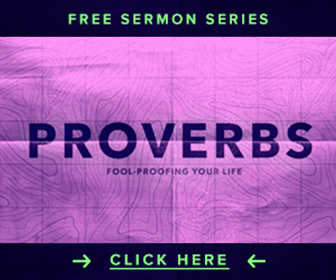In the classic novel A Wrinkle in Time, the angel Mrs. Whatsit is talking to the character Calvin about God’s laws for creation: “In your language you have a form of poetry called the sonnet. … It is a very strict form of poetry, is it not?” “Yes.” “There are fourteen lines, I believe, all in iambic pentameter. That’s a very strict rhythm or meter, yes?” “Yes.” Calvin nodded. “And each line has to end with a rigid rhyme pattern. And if the poet does not do it exactly this way, it is not a sonnet, is it?” “No.” “But within this strict form the poet has complete freedom to say whatever he wants, doesn’t he?” “Yes.” Calvin nodded again. “So,” Mrs Whatsit said. “So what?” “Oh, do not be stupid, boy!” Mrs Whatsit scolded. “You know perfectly well what I am driving at!” “You mean you’re comparing our lives to a sonnet? A strict form, but freedom within it?” “Yes.” Mrs Whatsit said. “You’re given the form, but you have to write the sonnet yourself. What you say is completely up to you” (Madeleine L’Engle, A Wrinkle in Time [London: MacMillan, 2010], 191). So often we look at God’s rules as something restrictive, when really they help give form to the beauty that is our life. There is a reason we live in an orderly supernatural universe. And that order that God has commanded doesn’t exist so that we are repressed. Rather, it exists so we have the ability to, in a healthy way, express ourselves. A biblical worldview sees the supernatural universe but recognizes the order God has instilled in it and seeks to obey God while being aware of the spiritual dimensions of this universe.





